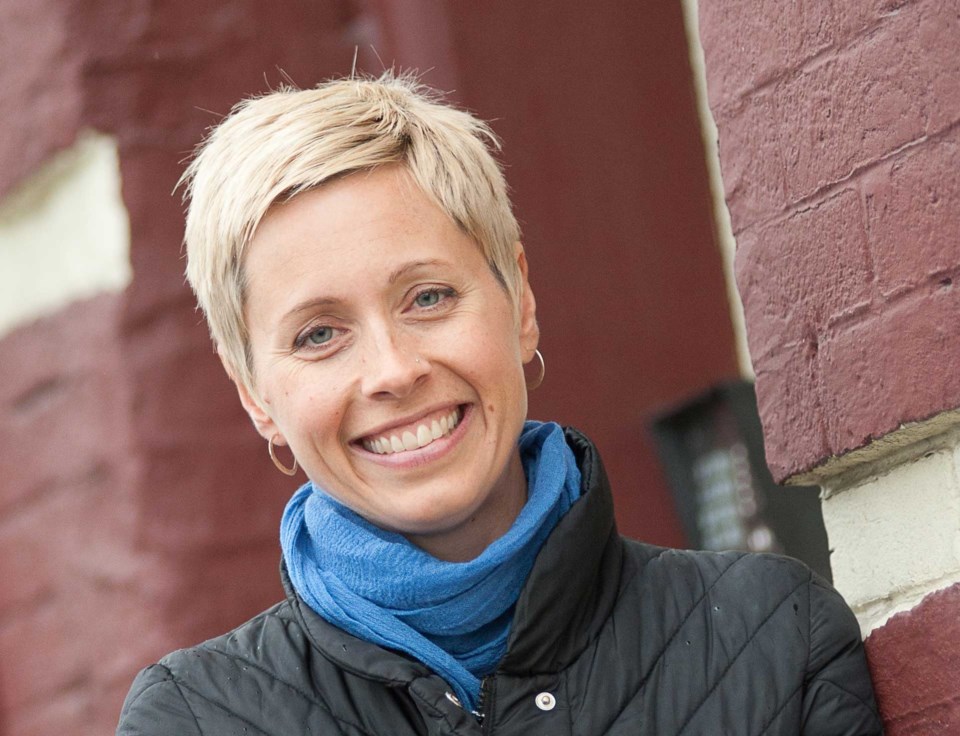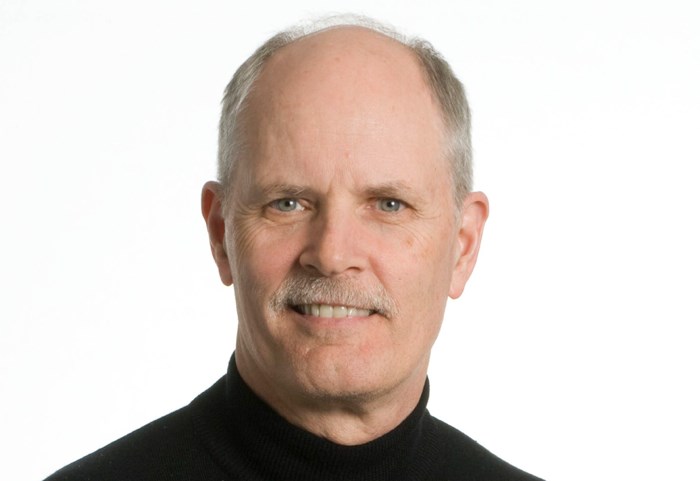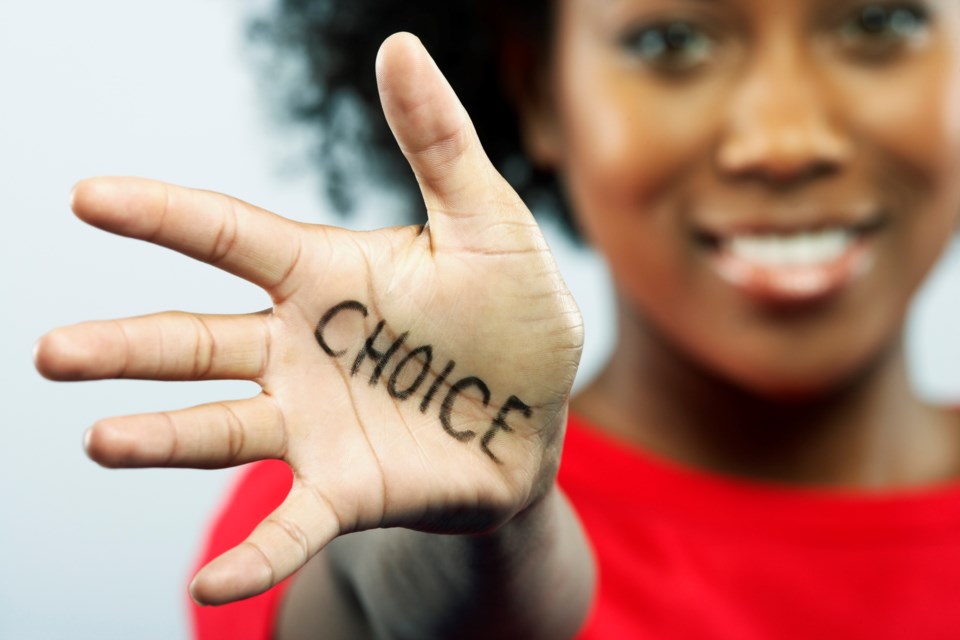Vancouverites are once again heading to the polls this month, casting ballots that will decide the direction our growing city will take over the next four years. But despite civic politics having more of a direct impact on our day-to-day lives than any other level of government, municipal elections consistently have the lowest voter turnout. The last civic election in 2011 saw just 35 per cent of registered voters cast ballots, up from a 50-year low of 31 per cent in 2008.
Westender talked to some of Vancouver's leading citizens about what issues most concern them and why they will be voting on Nov. 15.
What issue is most important to you personally as a voter? How would you like to see it addressed?

Gwen Haworth, film director and 2014 Pride Parade grand marshall: Reducing chronic homelessness for people who face the double burden of mental illness and poverty. This can only be sustainably achieved by increased investment in the "Housing First" model of care, rather than warehousing people in over-sized congregate buildings.
Ryan McCormick, director of the Safe Amplification Site Society: To me, the most important issue is having accessible and clearly-written laws and regulations that average citizens can find online and read without a law/architecture/planning degree. I've read the Zoning and Development Bylaw and the License Bylaw, and they are a mess. Inconsistent language, incompatible formatting, undefined terms.
There are literally giant blank spaces where definitions are supposed to go! And the Building Bylaw is even worse, because it's not freely available online. You can order a 10-day online pass for $95, you can order a print copy… for $250, or you can sit in the library for hours trying to decode the most intense jargon imaginable. I've tried it – not fun. How can a government expect us to obey the laws when we can't even read them? Live music venues like Zoo Zhop and the first Red Gate have been shut down because of regulatory non-compliance, but it's hard to blame the venues when our laws are so incomprehensible.
Katrina Pacey, executive director for Pivot Legal Society: As a voter, one of the most important issues is how our city ensures the health, safety, equality and human rights of vulnerable members of our community. Safe and affordable housing for all Vancouverites is a necessary and attainable goal. We need our municipal politicians to make an express commitment to housing for all and pressure senior levels of government to provide funding and support for housing-first initiatives. They need to advocate for this humane and cost-effective approach, and use municipal resources when necessary to make this a reality.
We also need our politicians to commit to reforming municipal laws and police practices that result in the criminalization of people who are poor, inadequately housed or homeless. Some Vancouver bylaws result in arrests, fines, and the unfair targeting of people who are struggling with poverty, addiction, mental health issues, or homelessness. Criminalizing these communities seriously impacts their health, safety, and dignity and limits their ability to take steps to improve their lives.

I want to see a strong commitment to the development of effective and evidence-based drug policy and addiction strategies. Vancouver has the benefit of incredible expertise in this area, including a strong drug-user movement, direct service organizations, and cutting edge research. Vancouver should continue to partner with senior levels of government to create drug strategies that are grounded in science, compassion, health, and human rights.
I want to see a clear vision and commitment to the health, safety and rights of all people involved in sex work. This city has learned a lot from the tragedy of violence against sex workers over the past several decades and we know what legal and social reforms are needed. The city has a key role to play in shaping law enforcement and social services so that they meet the needs and respect the rights of women and men involved in the sex industry.
Gordon Price, former NPA councillor, director of SFU's City Program: The gap between the price of our real estate and the value of a diverse community, especially generationally, is too great. But no one thinks that local government would or could lower housing prices as a deliberate act of public policy. At best, the need to take the pressure off, to find alternatives, to accommodate growth throughout the city while maintaining its character is a generational challenge. It will take time, consistency, enough community support and the willingness to make tough decisions that pay off over time. I wish there was a quick fix. If there was, it wouldn't be one we'd like.
What qualities do you look for in a candidate?
Gwen Haworth: Candidates who truly understand how intersecting oppressions systemically compromise people’s social determinants of health.

Ryan McCormick: The first thing is ideology. I'm generally left-wing, so I look at those parties/candidates first. The next step is to see if the individual candidates are incumbents or newcomers. If I'm happy with the status quo in Vancouver, I'll vote for an incumbent, but if I'm not, I'll vote for newcomers. If those two factors don't give me a clear answer, then I read the bios of individual candidates to see whose priorities roughly align with my own. Actually, I do that no matter what, but a great bio is still trumped by ideology or incumbency. The City's website (http://vancouver.ca/your-government/2014-municipal-election.aspx) usually does a pretty good job of presenting each candidate's information in a clear and unbiased manner.
Katrina Pacey: I want the people representing me in public office to possess the values and principles I hold most dear: diversity, community, compassion, and equality. I look for a candidate who is willing to listen to, represent and fight for those who often are the least-represented. I want a candidate who will be a fearless advocate for equality and human rights.
Gordon Price: What we call leadership is also about followership. Good leaders assess the community's needs (even when they're not immediately apparent or opposed by special interests) and then judge how far they can go before there's not enough support behind them to succeed. It takes courage to act, skill to maintain support, and judgment to shift course when needed.
Why is it important for Vancouverites to get out and vote on Nov. 15?
Gwen Haworth: You influence the outcome, regardless. I vote, because I prefer my influence to align closely with my ethics, rather than being complicit with whomever is first past the poll.
Ryan McCormick: I think because voter turnout is usually low for municipal elections, we have a real opportunity to make our votes count. It's super inspiring that Seattle recently elected a socialist City Council member (Kshama Sawant). The word "socialist" is usually used as an insult in the United States, so if Seattle can elect someone from the Socialist Alternative party, then that just goes to show how municipal elections are a real opportunity to bypass traditional party lines. We're not gonna get a socialist premier or prime minister any time soon, but City Council is totally doable. On another note, I always thought it was cool that we get to vote for 27 different people. That's one mayor, 10 councillors, seven for park board, and nine for school board. Getting ready to vote is kinda like preparing for a hockey pool draft! Embrace your inner nerd and assemble your own personal dream team of fantasy local government representatives.

Katrina Pacey: It’s troubling to me to see voter turnout rates dropping for our municipal elections. These elections are a critical opportunity for us to weigh-in on the issues that will most immediately impact us as individuals, as well as the communities we live and work in. We should make efforts to have voting as accessible as possible for each and every one of the members of our city.
Gordon Price: We're going to have to live with whomever we elect for four years. It's worth forty minutes.
• Vancouver's municipal election takes place Nov. 15, with advance voting taking place from Nov. 4 to 10, and Nov. 12. For more information on where and how to vote, visit the City of Vancouver's Election website.
Log on to Twitter and tell us what issues matter most to you this election with the hashtag, #WhyIVote.



